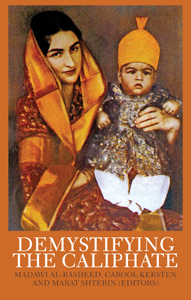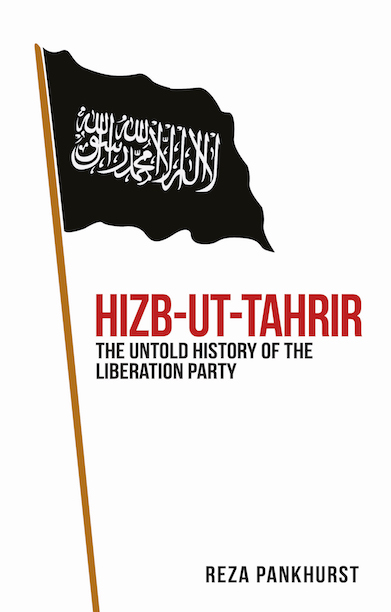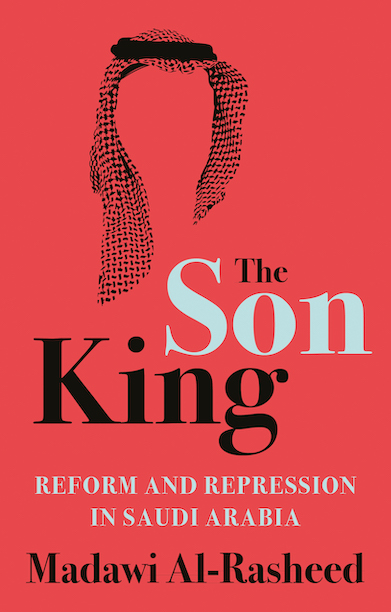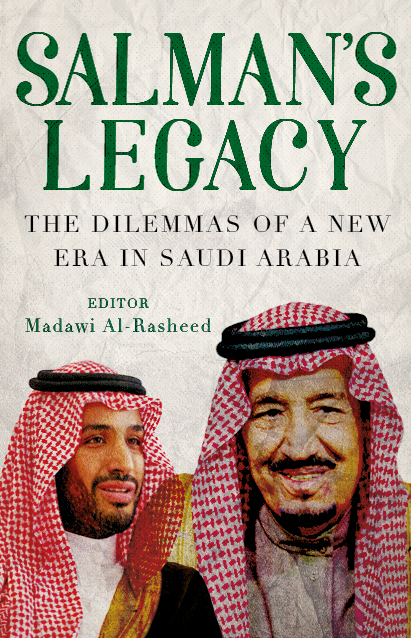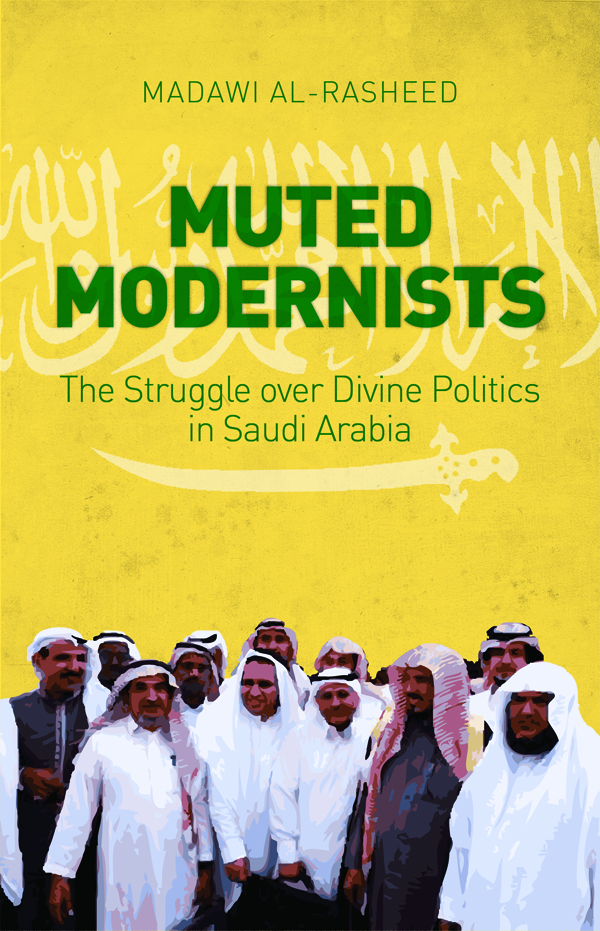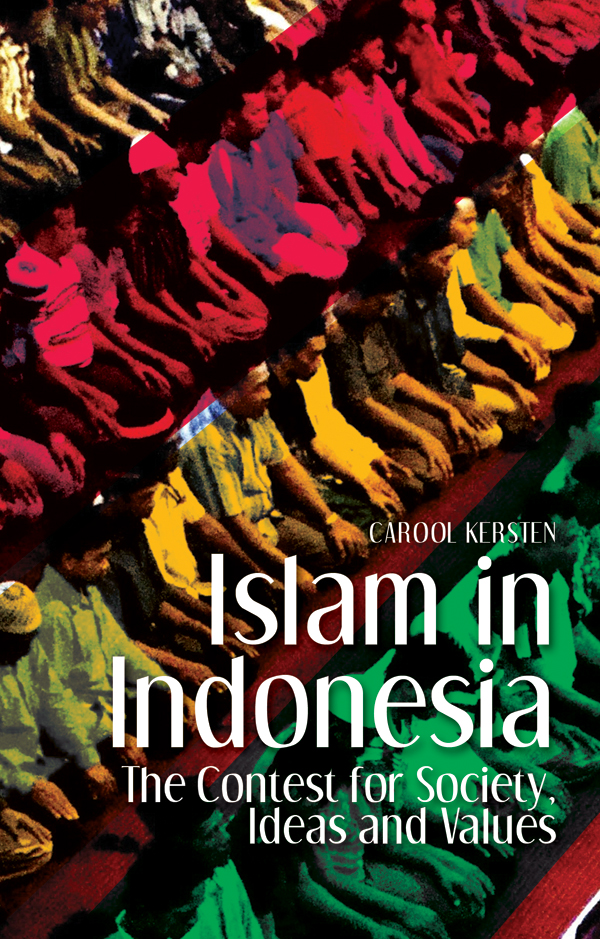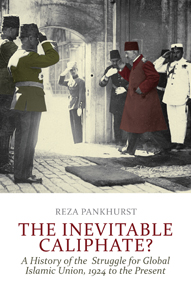Demystifying the Caliphate
An absorbing reflection on the Caliphate and the re-imagining of the Muslim ummah as a diverse multi-ethnic community.
Description
In Western popular imagination, the Caliphate often conjures up an array of negative images, while rallies organised in support of resurrecting the Caliphate are treated with a mixture of apprehension and disdain, as if they were the first steps towards usurping democracy. Yet these images and perceptions have little to do with reality. While some Muslims may be nostalgic for the Caliphate, only very few today seek to make that dream come true. Yet the Caliphate can be evoked as a powerful rallying call and a symbol that draws on an imagined past and longing for reproducing or emulating it as an ideal Islamic polity. The Caliphate today is a contested concept among many actors in the Muslim world, Europe and beyond, the reinvention and imagining of which may appear puzzling to most of us. Demystifying the Caliphate sheds light on both the historical debates following the demise of the last Ottoman Caliphate and controversies surrounding recent calls to resurrect it, transcending alarmist agendas to answer fundamental questions about why the memory of the Caliphate lingers on among diverse Muslims. From London to the Caucasus, to Jakarta, Istanbul, and Baghdad, the contributors explore the concept of the Caliphate and the re-imagining of the Muslim ummah as a diverse multi-ethnic community.
Table of contents
Acknowledgments
Abbreviations
Glossary
Contributors
Introduction: The Caliphate: Nostalgic Memory and Contemporary Visions — Madawi Al-Rasheed, Carool Kersten and Marat Shterin
1. The Abolition of the Caliphate in Historical Context — Basheer M. Nafi
2. South Asian Islam and the Idea of the Caliphate — Muhammad Qasim Zaman
3. Who Speaks of What Caliphate?: The Indian Khilafat Movement and its Aftermath — Jan-Peter Hartung
4. Mustafa Kemal’s Abrogation of the Ottoman Caliphate and its Impact on the Indonesian Nationalist Movement — Chiara Formichi
5. The Wahhabis and the Ottoman Caliphate: The Memory of Historical Antagonism — Madawi Al-Rasheed
6. The Caliphate as Nostalgia: The Case of the Iraqi Muslim Brotherhood — Fareed B. Sabri
7. The Caliphate in Contemporary Arab TV Culture — Jakob Skovgaard-Petersen
8. Khilafa as the Viceregency of Humankind: Religion and State in the Thought of Nurcholish Madjid — Carool Kersten
9. Promoting the Caliphate on Campus: Debates and Advocacies of Hizbut Tahrir Student Activists in Indonesia — Claudia Nef
10. Adhering to Neo-Caliphatism: The Ideological Transformation of the Islamic Movement of Uzbekistan — Emmanuel Karagiannis
11. The Caliphate in the West: The Diaspora and the New Muslims — Reza Pankhurst
12. Caliphate in the Minds and Practices of Young Muslims in the Northern Caucasus — Marat Shterin and Akhmet Yarlykapov
Bibliography
Index
Reviews
‘Contemporary publicity about the caliphate conceals both its historical complexity and its regional diversity. How to exhume skeletons of the past while also silencing sirens from the present? With scholarly aplomb, the dispassionate contributors of this extraordinary volume reveal the benefits, but also the limits, of the cultural capital that informs the social imaginary of multiple Muslim audiences when they evoke, or hear others evoke, the caliphate.’ — Bruce B. Lawrence, Professor of Islamic Studies Emeritus, Duke University
‘This is a book of exceptional scope and erudition that is nevertheless accessible and very timely. By bringing together such a wealth of regional expertise it succeeds admirably in living up to the promise of its title. More than that, these essays throw new light on the many ways in which even a mythical caliphate can exercise a powerful hold on contemporary political imaginations.’ — Charles Tripp, Professor of Middle East Politics, School of Oriental and African Studies, University of London
‘This volume is a fascinating treatment of the subject of Islamic Caliphate on which much ink has been spent, particularly in the highly charged and politicised environment of recent times in studies of global Islam.’ –– Dr Zaheer Kazmi, Faculty of History, University of Oxford
‘This collection of erudite and topical studies demonstrates that the caliphate’s appeal as a symbol of Muslim unity is as enduring as it is widespread. From the Arab lands to Southeast Asia, from majority to minority Muslims, the idea has taken diverse forms and encountered inhibiting political conditions, but it retains a powerful resonance that should not be ignored.’ — James Piscatori, Durham University
‘This is an illuminating and timely set of essays showing how visions of a golden age have been continuously marshalled and contested, from once colonised lands across Asia, to the former Ottoman realm and, now, in the increasingly diverse west itself. While caliphs abound, it seems that global consensus on the caliphate itself is yet to emerge.’ — Michael Laffan, Professor of Southeast Asian History at Princeton University
Editor(s)
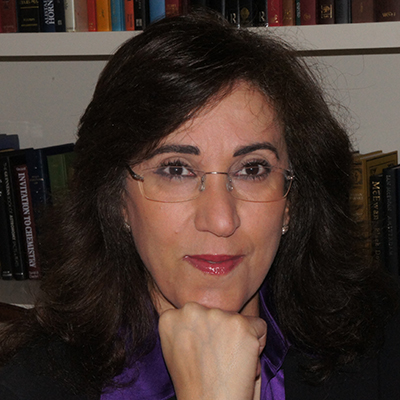
Madawi Al-Rasheed is Visiting Professor at the London School of Economics Middle East Centre and a Fellow of the British Academy. She is the author and editor of several books on Saudi Arabia, most recently Salman's Legacy: The Dilemmas of a New Era in Saudi Arabia, also published by Hurst.
Carool Kersten is Senior Lecturer in the Study of Islam and the Muslim World at King's College London. He is the author of Cosmopolitans and Heretics: New Muslim Intellectuals and the Study of Islam and co-editor of Demystifying the Caliphate, both published by Hurst.
Marat Shterin is Lecturer in Sociology of Religion at King’s College London. He has published widely on religion, society and law in Russia.
